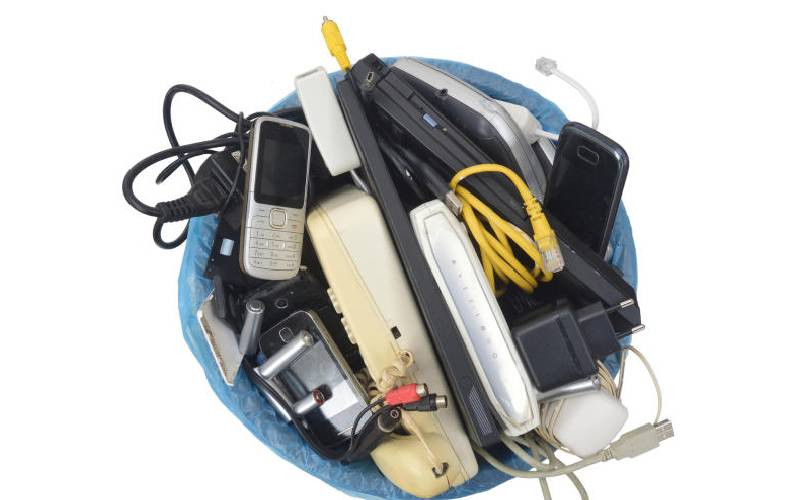
Electronic waste (e-waste) refers to discarded electronic equipment that is no longer useful, such as computers, mobile phones and television sets.
Swift changes in technology, growth in population and changing consumer habits worldwide are resulting in an escalating demand for electronics. However, the main challenge comes about when electronics have outlived their purpose. Resultantly, most of the electronics are thrown away. If you observe intensely, you will realise that there is a lot of e-waste disposed in the environment.